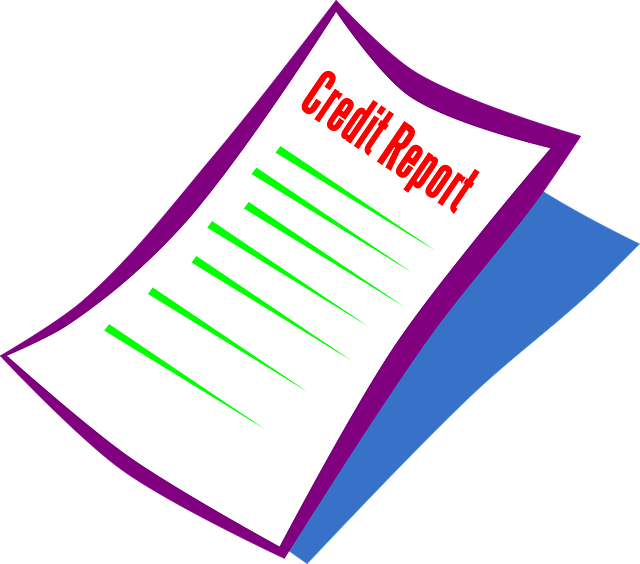Rising interest rates in real estate significantly impact buyers and sellers. Higher borrowing costs affect affordability, cooling demand. Developers face funding challenges, slowing construction. Savers and investors benefit from higher returns. Agents guide clients based on financial circumstances. Adjustments are needed in asking prices, buyer budgets, and incentives. Strategic approaches are vital for homeowners and investors to navigate these shifts successfully.
In today’s evolving economic landscape, higher interest rates are reshaping the real estate market. This article delves into the intricacies of understanding these elevated rates, their profound impact on homebuyers and sellers, and offers practical strategies for navigating this shift. By exploring key factors influencing real estate decisions, you’ll gain valuable insights to make informed choices in a dynamic market.
Understanding Higher Interest Rates in Real Estate

In the realm of real estate, higher interest rates play a pivotal role in shaping market dynamics. When interest rates surge above the standard rate, it triggers a cascade of effects that can significantly impact both buyers and sellers. Essentially, these elevated rates make borrowing money more expensive, which directly affects the affordability of purchasing properties. As a result, some prospective homeowners may find themselves deterred from entering the market or considering larger purchases, thereby cooling down potential demand.
Real estate investors and developers also need to adapt their strategies. Higher interest rates can influence financing options, making it more challenging for projects to secure funding. This could potentially slow down construction and development activities. However, it also creates opportunities for those who have savings or investments, as they might earn higher returns on their deposits. In terms of sales, real estate agents should be prepared to educate clients about these rate changes and offer tailored advice based on individual financial situations.
Impact on Homebuyers and Sellers

Higher interest rates can significantly impact both homebuyers and sellers in the real estate market. For buyers, one of the most direct effects is the increase in mortgage costs. As interest rates rise, so do the monthly payments on home loans, making it more expensive to purchase a property. This can deter potential buyers, especially first-time homeowners who might be sensitive to such financial shifts. On the other hand, sellers may face a slightly different set of challenges. With higher rates, the overall market demand for homes could potentially slow down, leading to longer timeframes for selling properties. Additionally, some sellers might reconsider their timing, choosing to wait for more favorable interest rate conditions in the hope of securing better sales prices.
The ripple effect of these changes can be felt across various aspects of real estate transactions. Sellers may need to adjust their asking prices or consider offering incentives to attract buyers. Buyers, in turn, might start focusing on more affordable options or reevaluating their budget constraints. This dynamic interaction between interest rates and the real estate market underscores the importance of staying informed for both parties to navigate these shifts successfully.
Strategies for Navigating This Economic Shift

When interest rates rise above the standard rate, it can significantly impact various sectors, particularly real estate. Here are some strategies to navigate this economic shift:
1. Refinance or Lock-In Rates: Homeowners with adjustable-rate mortgages (ARMs) should consider refinancing to a fixed-rate loan before rates increase further. This ensures stability and potentially saves on future payments. Buyers looking to invest in real estate can also lock in current low rates for their mortgages, securing favorable terms for the long term.
2. Adjust Budget and Savings: Higher interest rates mean increased costs across the board. Individuals should assess their budgets and adjust spending where necessary. Saving more becomes crucial during this period; setting aside a portion of income can help mitigate the effects of higher borrowing costs in the future, including real estate investments and personal loans.
3. Explore Alternative Investments: Investors might explore alternative assets or real estate investment strategies. Diversifying investments can include considering commercial real estate, which historically has different risk and return profiles compared to residential properties.
4. Stay Informed and Plan Ahead: Keeping abreast of market trends is vital. Real estate professionals should anticipate changes in buyer behavior and adapt their sales strategies accordingly. For buyers, being prepared with a solid financial plan can make them more attractive to lenders and help secure better terms in this competitive environment.






